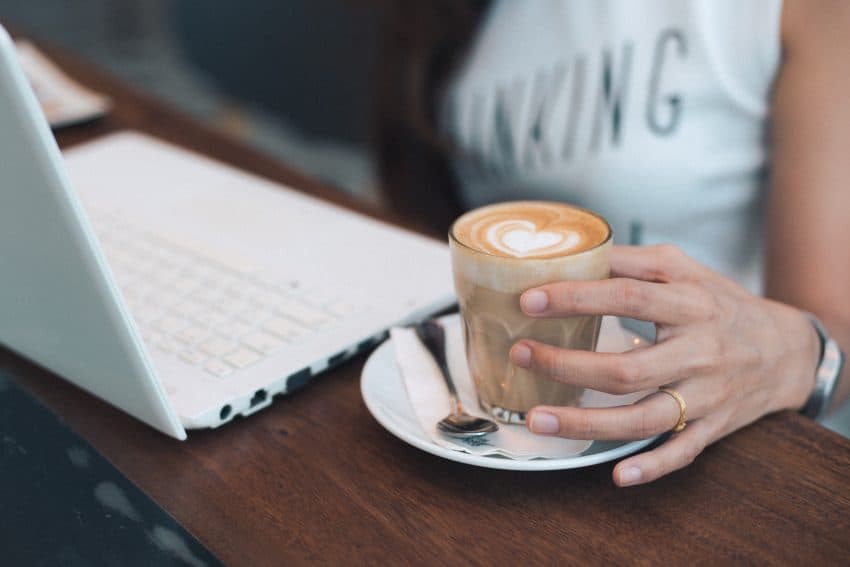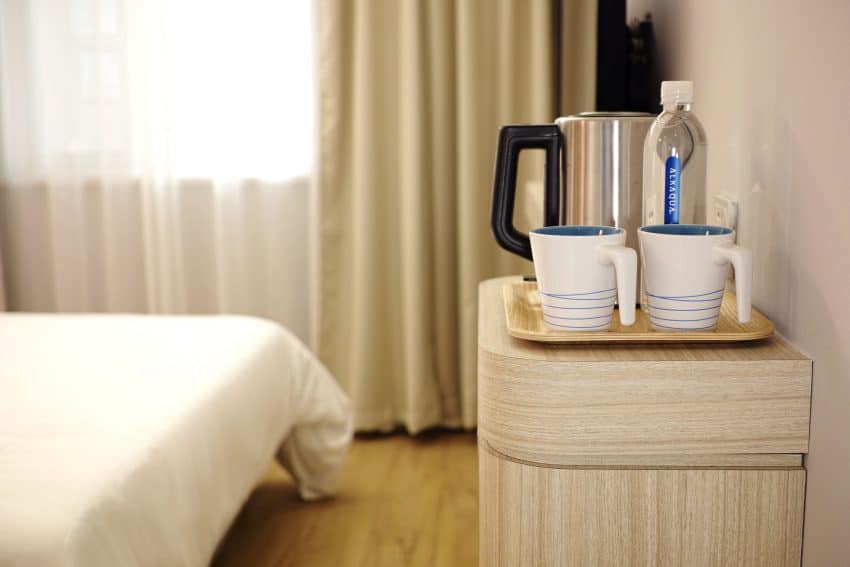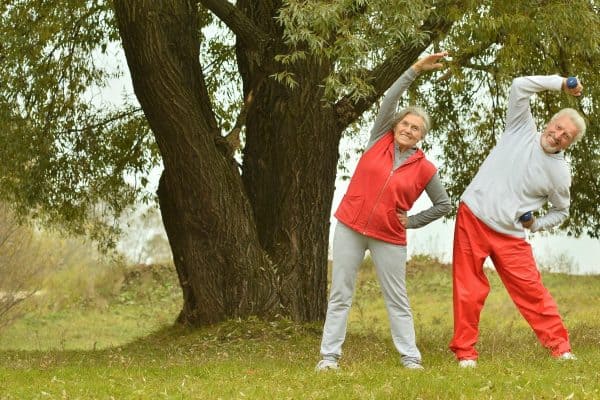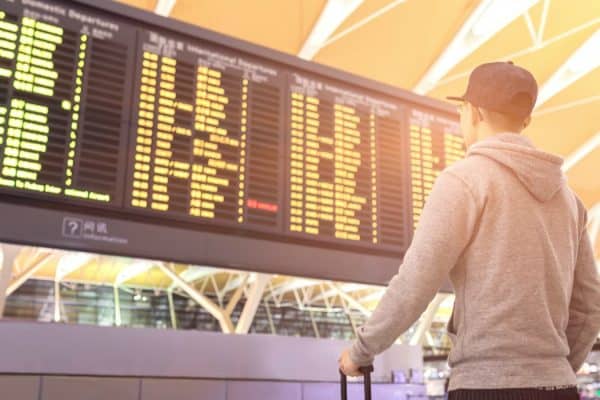AirBnB has taken the world by storm. The online holiday rental community they’ve created has given self-catering holidays a new lease of life. Whether you’re looking for a rural countryside retreat or a slick apartment base for a city break, AirBnB has it all. So, how can you tap into the phenomenon and make extra money from renting out your own home?
Who can be an AirBnB host?
On AirBnB, it doesn’t matter if you have a whole property to rent out or just your spare room. As long as you fulfil AirBnB’s community standards, anything goes. The site has a reputation for novelty accommodation, too, with some hosts renting out high-end treehouses, sheds and even castles. Is there a hidden money-maker in your garden?
Check the terms of your tenancy agreement or mortgage
If you rent your home, or own it as part of a leasehold, it’s best to check your contract before signing up to AirBnB. Many tenancy and leasehold agreements have specific terms that stop you from subletting all or part of your property for any period of time and could stop you before you even get started. If in doubt, speak to your landlord or freeholder. If you own your property, check the terms of your mortgage and speak to your provider before you sign up in case it changes your agreement with them.
How to list your home
If everything checks out and you’re good to go, then it’s time to list your property. Browsing listings for other properties like yours, whether they’re a similar size, or in a similar area, to see how others do it is a good place to start. This’ll also give you a good idea of what it’s reasonable for you to charge, although AirBnB do have guidelines on their site as well.

You’ll want to take plenty of pictures of the accommodation you’re planning to rent out, and write a good description of it to sell the space to potential visitors. Think of it as a CV for your home – you want to show off its best qualities! Remember to be accurate as well though. Don’t exaggerate your amenities, for example saying you have superfast broadband when your connection is little better than dial up. This will affect the reviews you guests leave of your property later on. Also, if you have pets, you must list this to avoid an unpleasant surprise for guests with allergies, phobias or dislikes of animals. Your pets could even add to the charm of your property!
Read more: 10 ways to make money on the side this year
Choosing your property’s availability
When you make your property available to rent is entirely up to you. If you’re going on holiday and want someone to fill your property while you’re away, but at no other time, that’s fine! Likewise, if you’re happy to have a steady stream of guests occupying your spare room, that’s fine too! When you set up your listing you can block time in the calendar, and adjust it at any time. It goes without saying, though, that the more your property is available, the more you stand to make from renting it out.
Be the host with the most
How many bookings you get for your property will depend largely on your reviews. So, it’s important that as well as offering pleasant accommodation, you’re a good host, too. Before your guests arrive, being responsive to messages they leave you through the AirBnB platform is a must. If you’re renting your entire property, then good hosting may mean meeting your guests in person to hand over the keys, and being contactable should they have any questions or issues during their stay. You could even leave tea and coffee making facilities or a welcome treat for your guests as an added perk.

If you’re renting a room in your home, being a reasonable and considerate roommate is essential. If you keep unusual hours, be upfront about this and perhaps make provisions, like offering earplugs, so that you don’t disturb your guests if you’re moving around the house at odd times. You may also want to give them access to food in your kitchen, or offer to share meals with them, but that’s completely up to you!
Making a welcome pack for your guests
Remember, a guest staying with you through AirBnB is unlikely to be very familiar with your local area. Providing them with tips on local attractions and restaurants and useful information like travel timetables and maps is a nice touch. If you’re not going to be at the property, including instructions for using your appliances, WiFi passwords, and emergency contact details if you won’t be reachable is also handy.
You can review your guests, too.
We’ve talked a little about the importance of reviews of your property and hosting. What you may not know, though, is that you can review your guests as well! After all, AirBnB is a community, and being a good house-guest is just as important as being a top-notch host. All reviews you write on your guests will be public. Be respectful and courteous, but also honest about your experience. If they went above and beyond by pet-sitting for you during their stay, be sure to call it out. Likewise, if they leave your place a mess or disturb your neighbours, say so!
Remember, you’re covered
AirBnB provide a free Host Guarantee and insurance against guest injury or damage to your property. Before you sign up, though, we recommend reading through the documents for both policies carefully, as there are some exceptions. You may also want to check the terms of your own building and contents insurance and inform your provider(s) of your plans to rent out your home.
Happy hosting!



















